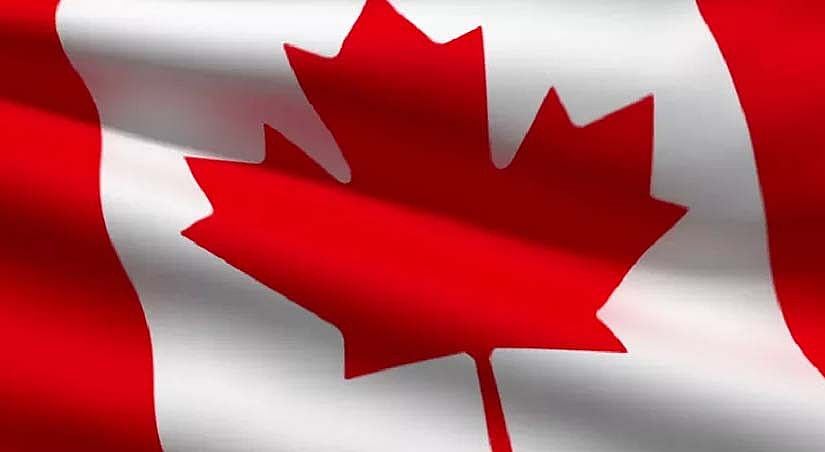Off the Cuff: Deciphering Canadian English
The term ‘Love means never having to say sorry’ was definitely not coined in Canada

My friend from Dubai, who is a new immigrant to Canada, said she finally understands what people are saying and what they mean.
Canada is multicultural, and you can hear people speak in a wide variety of languages on the streets, from Punjabi, Mandarin to Greek, but my friend was talking about ‘Canadian English’ and how it was like learning a new language.
“Everyone is so polite, even when they are ticking you off,” said my friend who is originally from India.
Canadians also tend to be very apologetic and someone will say, “sorry” even when they pass by you in a hurry. I once saw a guy stub his toe on a table in a fast food eatery, and he said, “sorry”, to the table.
According to BuzzFeed, when a Canadian says ‘sorry’, he or she means, “I am not sorry, and what happened was probably your fault”.
I am sure the phrase, “Love means never having to say you are sorry”, was definitely not coined in Canada, as everyone keeps saying “sorry” for the smallest thing. That one-liner comes from the famous movie, Love Story, and it is another story that nobody really knows what it is supposed to mean.
When I first landed, I heard everyone saying, “Double-Double” in a Tim Hortons (the local version of a Starbucks or Costa Coffee). Later, I found out it means two packets of cream and two packets of sugar, not a very strong coffee made with double dose of coffee powder.
Fortunately for Indian immigrants, Canadians write in British English, meaning, ‘centre’ is not spelled ‘center’, the American way, but suddenly you see signs in French, and politicians will speak to you in two tongues, once in English, and to confuse you even further, in French.
When in Canada during winter it is important that you never forget your ‘toque’ (it rhymes with duke). It is a winter hat that also covers your ears. It’s not very fashionable and scrunches up your hair but it keeps your head and ears warm and you do not feel like they are going to fall off in the minus 10 weather.
I was travelling in a bus the other day and the electronic voice announcing stops said something that took me a while to understand. It said ‘avenue’. My wife and I kept exchanging glances as we reached Eglington Avee-noo, or whatever.
A report in the National Post said the automated confusing pronunciation comes after many passengers complained the machine reading of ‘avenue’ sounded too American. A Toronto Transit Commission official said they tried a text-to-speech system to re-Canadianise the pronunciation to something like, “aven-Ew”.
One rider said it was hilarious: “I required epic levels of self-control to not laugh so loud at every stop.”
Also Read
Off the Cuff: Life as it was before social mediaWhen you need that licence urgentlyOff the Cuff: Flying over the Gulf with a footrestThen there is the ubiquitous, “eh”, that everyone adds to the end of the sentence. It often turns a statement into a question that requires an answer. Someone at the bus stop may say, “Hot enough for you, eh”? and you will have to reply, “It’s not the heat, but the humidity, that’s killing,”, or something silly like that.
It is summer now in Toronto and every time my wife and I walk in the “beautiful” weather, “enjoying” ourselves, I found the sunrays were like pinpricks, most probably because of the loss of the ozone layer.
One person said he ‘loved summer’, most probably he meant like a true Canadian that he had central air-conditioning at home.
My friend said she now understands that when the boss says, “It would be nice if everyone is here at 9am”, that it meant that everyone better be on time.
Mahmood Saberi is a storyteller and blogger based in Bengaluru, India. Twitter: @mahmood_saberi.
Sign up for the Daily Briefing
Get the latest news and updates straight to your inbox
Network Links
GN StoreDownload our app
© Al Nisr Publishing LLC 2026. All rights reserved.